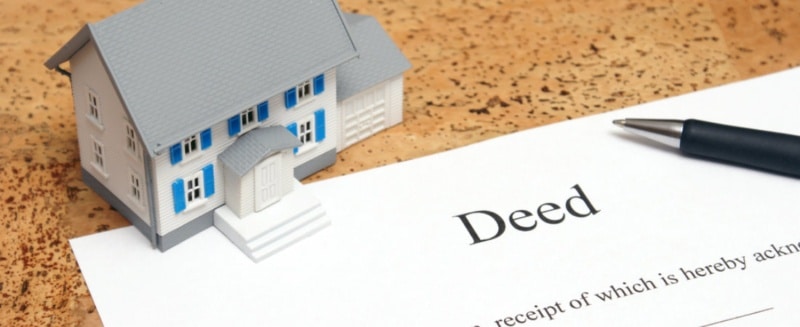When you sell your home, you have to pay taxes on the sale. As in this reader’s case, factors like a transfer of homeownership can affect the taxes you pay.
Q: I have read several questions on your site related to quitclaim deeds and the cost basis when the house is sold. My question is as follows. Six years prior to her death, my mother-in-law executed a deed transfer of her home to my wife and sister-in-law.
The specific wording of the deed is stated as follows: “Transfer of Ownership. The Grantor grants and conveys the property described below to the Grantee. This transfer is made for the sum of One and no/100 ($1.00) Dollars and other good and valuable consideration.”
The property was originally purchased by my mother-in-law in 2003 for the sum of $164,000.00 and subsequently sold in 2017 for $174,000. Given this situation, for tax purposes, what is the cost basis? Does the fact that the transfer was done at $1.00 affect the cost basis?
A: The short answer is that you should ignore the $1.00 figure. In some states, the property transfer laws don’t require the actual consideration to be listed in the deed of transfer. If you lived in a state that required the amount to be listed, the deed to your mom would show the $164,000 transfer price and the sales price of $174,000 when she sold.
In states that do not require the actual consideration to be listed on the deed, the deed will show a nominal amount of consideration, say one dollar or ten dollars, but that amount does not reflect the actual amount the property sold for.
When you talk about the “basis” for a home, you’re using an IRS term that roughly equates to the cost to you of the home after taking into account costs of purchase, costs of sale and capital expenses made over the years. (There are other allowable expenses, but we give those to give you a general idea.)
So if your mother-in-law gifted her home to your wife and sister-in-law, they took her “basis” when they took title to the home. Your mom’s basis was the $164,000 she paid for the home, other expenses incurred when she bought the home, any costs for selling the home and any capital improvements she made to the property (such as a new roof, an addition, new appliances or rebuilding mechanical systems).
Given your information, we doubt there is much, if any, tax to pay the IRS. There’s a $10,000 difference between the purchase and sale prices. If you paid the broker to sell the home 5 percent and had some other closing expenses, you’d have no profit. Your basis probably exceeds the sales price of the home.
For more details, please consult your tax preparer.







Leave A Comment